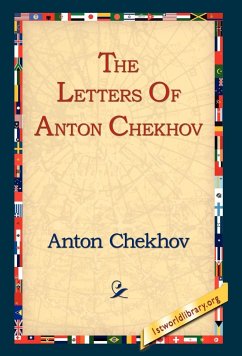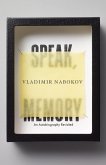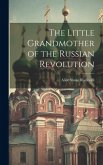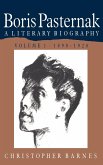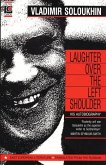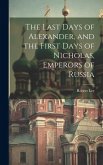Purchase one of 1st World Library's Classic Books and help support our free internet library of downloadable eBooks. Visit us online at www.1stWorldLibrary.ORG - - In 1841 a serf belonging to a Russian nobleman purchased his freedom and the freedom of his family for 3,500 roubles, being at the rate of 700 roubles a soul, with one daughter, Alexandra, thrown in for nothing. The grandson of this serf was Anton Chekhov, the author; the son of the nobleman was Tchertkov, the Tolstoyan and friend of Tolstoy. There is in this nothing striking to a Russian, but to the English student it is sufficiently significant for several reasons. It illustrates how recent a growth was the educated middle-class in pre-revolutionary Russia, and it shows, what is perhaps more significant, the homogeneity of the Russian people, and their capacity for completely changing their whole way of life.
Hinweis: Dieser Artikel kann nur an eine deutsche Lieferadresse ausgeliefert werden.
Hinweis: Dieser Artikel kann nur an eine deutsche Lieferadresse ausgeliefert werden.

